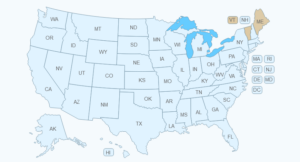
State Regulation of Election-Related Speech in the U.S.: An Overview and Comparative Analysis
Regulations against misinformation already exist in forty-eight statesDavid S. Ardia, Evan Ringel, Allysan Scatterday
University of North Carolina Legal Studies Research Paper Series
Political Processes
Misinformation, Political Communication
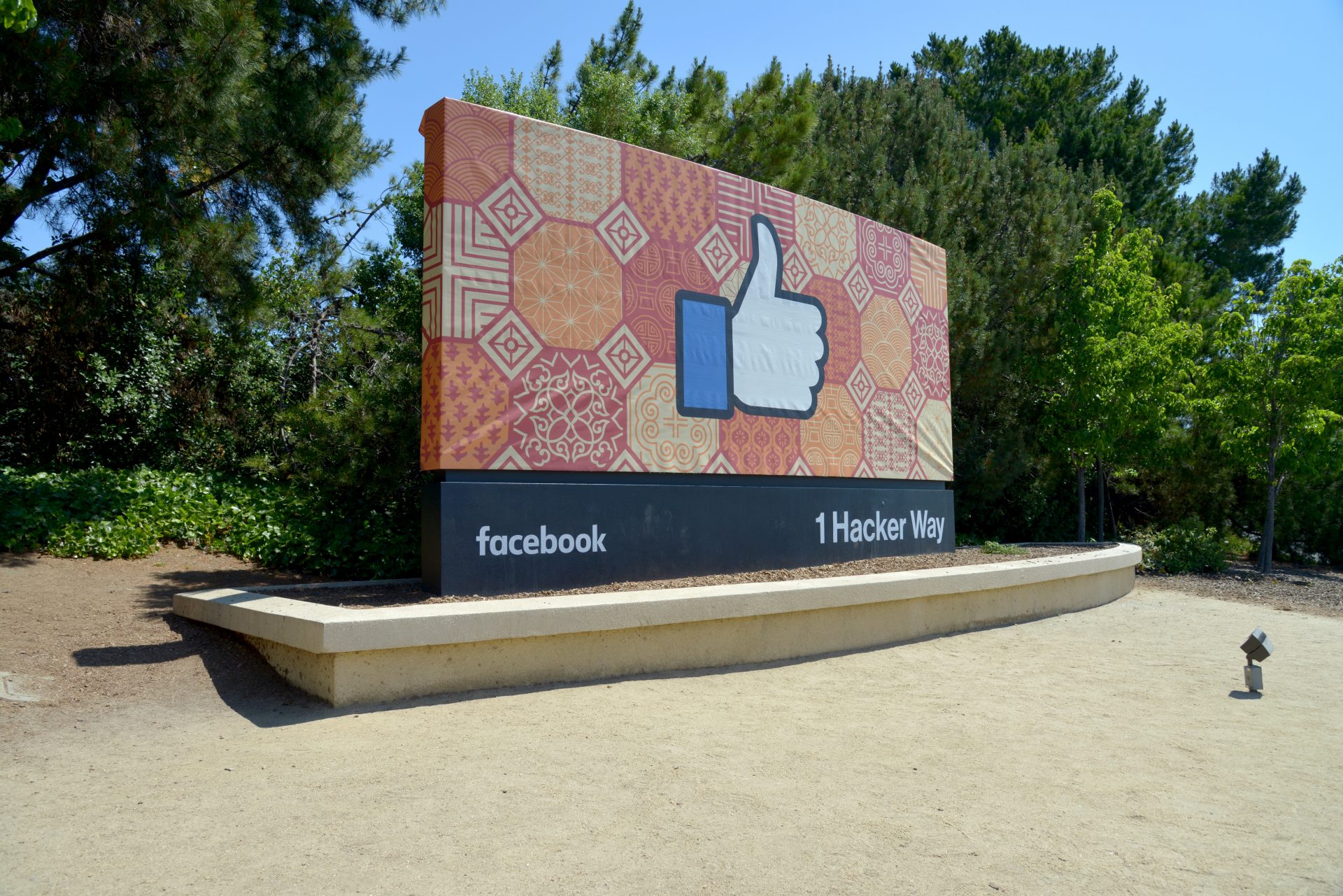
Reopen Demands as Public Health Threat: A Sociotechnical Framework for Understanding the Stickiness of Misinformation
Discursive strategies help justify incompliance with public safety protocolsFrancesca Tripodi
Computational and Mathematical Organization Theory
Mis/Disinformation
Content Analysis, Facebook

The Capricious Relationship Between Technology and Democracy: Analyzing Public Policy Discussions in the UK and US
Policymakers' stated ideals for digital democracy often uphold utopian standards that depart from the empirical realityBridget Barrett, Katharine Dommett, Daniel Kreiss
Policy & Internet
Political Processes
Identity, Policy
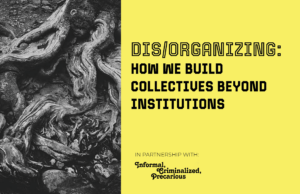
Dis/Organizing Toolkit: How We Build Collectives Beyond Institutions
"We're messy on purpose"Rachel Kuo, Lorelei Lee
Hacking//Hustling
Political Processes
Activism, Organizing
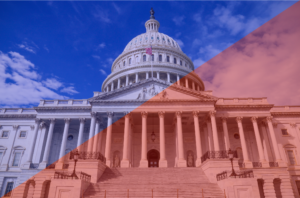
Mind The Gap! The Role of Political Identity and Attitudes in the Emergence of Belief Gaps
Education impacts belief gaps, but the effects are not evenly felt across issues or political affiliationsMagdalena Saldaña, Shannon McGregor, Tom Johnson
International Journal of Public Opinion Research
Political Processes
Identity, Misinformation, Survey
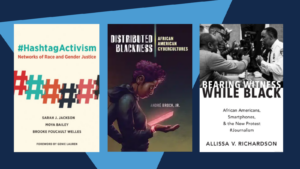
Communication Theory at a Time of Racial Reckoning
Let's decenter communication studies' historic reliance on white perspectives and epistemologiesDaniel Kreiss
Communication Theory
(In)Equity
Communication Studies, Race
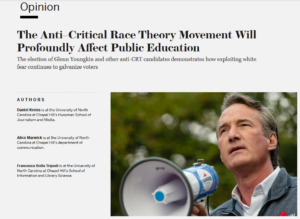
The Anti–Critical Race Theory Movement Will Profoundly Affect Public Education
Exploiting white fear continues to galvanize votersDaniel Kreiss, Alice Marwick, Francesca Bolla Tripodi
Scientific American
Mis/Disinformation, Political Processes
Education, Race

Commercial Companies in Party Networks: Digital Advertising Firms in US Elections from 2006-2016
Facebook and Google are the central players in digital political advertising – and they’re hardly neutral content platformsBridget Barrett
Political Communication
Digital Infrastructures, Political Processes
Facebook, Google
The Propagandists’ Playbook How Conservative Elites Manipulate Search and Threaten Democracy
Media literacy can sometimes spread disinformation - with a little help from search engine algorithmsFrancesca Tripodi
Yale University Press
Digital Infrastructures, Political Processes
Google, Misinformation, Religion, YouTube
The Advantage of the Right in Social Media News Sharing
Right-leaning outlets reach more people - even within the confines of online activist networks built to enact change and oppose dominant ideologiesSandra González-Bailón, Valeria d'Andrea, Deen Freelon, Manlio De Domenico
PNAS Nexus
(In)Equity, Digital Infrastructures
Social Media, Visibility
Weaponizing Reproductive Rights: A Mixed-Method Analysis of White Nationalists’ Discussion of Abortions Online
Eugenics arguments abound in white nationalist abortion discourseYotam Ophir, Meredith L. Pruden, Dror Walter, Ayse D. Lokmanoglu, Catherine Tebaldi, Rui Wang
Information, Communication & Society
(In)Equity
Gender, Health Communication, Race, Social Media, Stormfront
Denigrating Women, Venerating “Chad”: Ingroup and Outgroup Evaluations among Male Supremacists on Reddit
For incels, being a man at the bottom of a masculine hierarchy is still better than being a womanKatherine Furl
Social Psychology Quarterly
(In)Equity
Gender, Identity, Reddit, Thematic Analysis